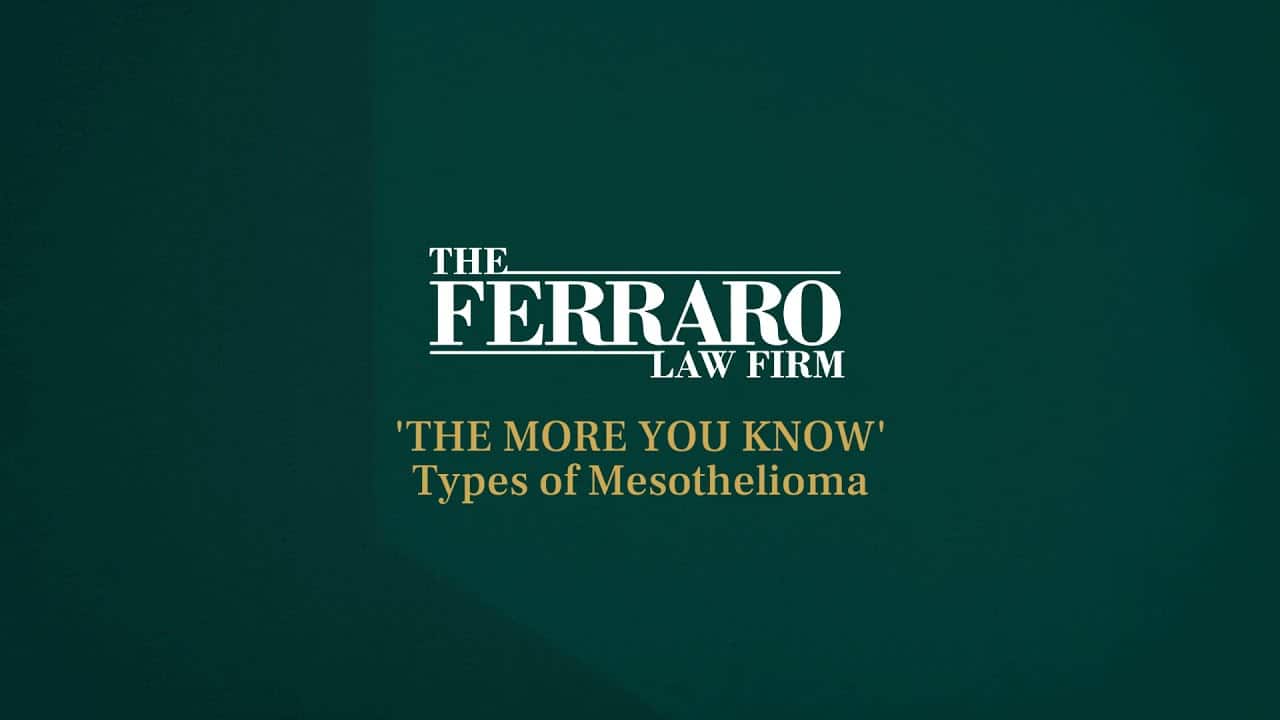If you were seriously injured, remember that it is crucial to choose the right law firm to represent your interests. We have been doing this for more than three decades, and have the resources you need to challenge any opponent.
Michigan State University, et al v. Asbestos Settlement Trust: Corporations Can Also Sue
Asbestos was used in a huge number of products and building materials throughout the 20th Century, and as such, there has been a global scourge of mesothelioma cases, which develop directly from airborne exposure to the substance.
This prompted a flood of litigation, which our mesothelioma attorneys are continuing to aid in handling to this day. What you may not realize is that it was not just individuals who were impacted by this awful disease.
Schools, local governments and businesses continue to feel the impact in the form of financial hardships required to renovate or demolish properties that contain asbestos. Environmental protection agencies – both federal and state – have very specific rules on how this type of work must be done and how the materials must be handled, and it can be very expensive.
In some cases, these entities have sought legal relief from asbestos settlement trust funds, which were created by numerous manufacturers of asbestos products. These trust funds were established through bankruptcy cases. They allow corporations to continue operating, while handling claims of negligence resulting from their use of the deadly material for decades – despite knowing the risks.
One such case that has been going on for some time is Michigan State University, et al v. Asbestos Settlement Trust. This trust was established through a bankruptcy case back in 1996 by Celotex Corporation and its subsidiary, Carey Canada, which produced various building materials made of asbestos. The trust was founded for the sole purpose of handling and paying out claims for both bodily injury as well as property damages.
Several universities filed for compensation from the trust, as a number of their campus buildings contained asbestos material. These schools were: Michigan State University, The University of Cincinnati, Claremont McKenna College, Rochester Institute of Technology, Prince George’s College and Fairfield University.
Initially, the trust denied these claims on the basis that they did not meet the legal standard required for a pay-out. As a result, the colleges objected and the trust went to the bankruptcy court for review.
Then, a very similar case, Asbestos Settlement Trust v. City of new York (In re Celotex Corp), seemed to settle the matter. This case held that these organizations were eligible to receive payment under the terms by which the trust was founded.
The trust agreed to pay the colleges, and did so. Afterward, the trust attempted to dismiss the adversary proceeding pending in bankruptcy court by the colleges. However, the schools objected on the grounds that the interest rate was not sufficient and that the damages should have been higher.
The bankruptcy court determined that the terms of the trust didn’t require it to pay interest, and the adversary proceeding was dismissed without prejudice. Still, this allowed the colleges to pursue damages through another claim in bankruptcy court.
The colleges then sought relief from an outside court, one that would allow the case to be heard by a jury. The bankruptcy court denied that motion, pursuant to 11 U.S.C. 524(g).
The colleges then appealed to the district court, which dismissed the claim. Then another appeal went to the Eleventh Circuit Court of Appeals, which ruled on the matter last month. In that case, the court.
Although the case is somewhat complex, what businesses can take away from this is that they too may seek relief in the form of litigation.
Table of Contents
Frequently Asked Questions: Mesothelioma & Asbestos
What is asbestos?
Why is asbestos dangerous?
What are asbestos-related diseases?
What causes mesothelioma?
What are the different types of mesothelioma?
What are common mesothelioma symptoms?
Do I qualify for compensation if I have mesothelioma?
What is the life expectancy for someone with mesothelioma?
Do I qualify for compensation if I have mesothelioma?
Help for mesothelioma victims can be found at The Ferraro Law Firm by calling (888) 554-2030. Offices in Miami, Washington, D.C., and New York City.






